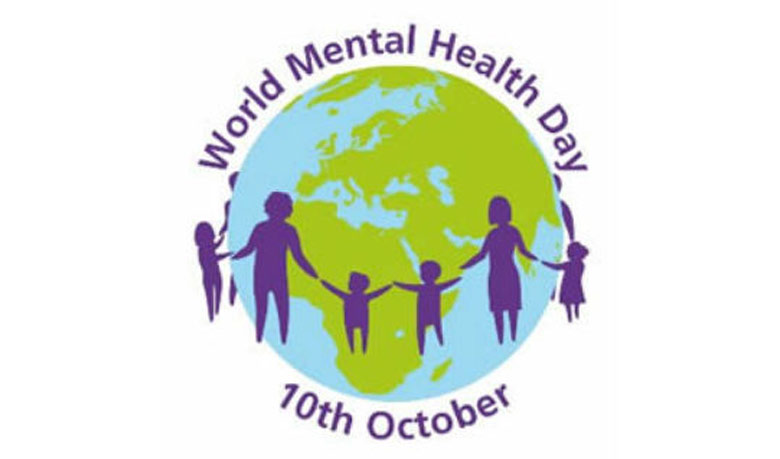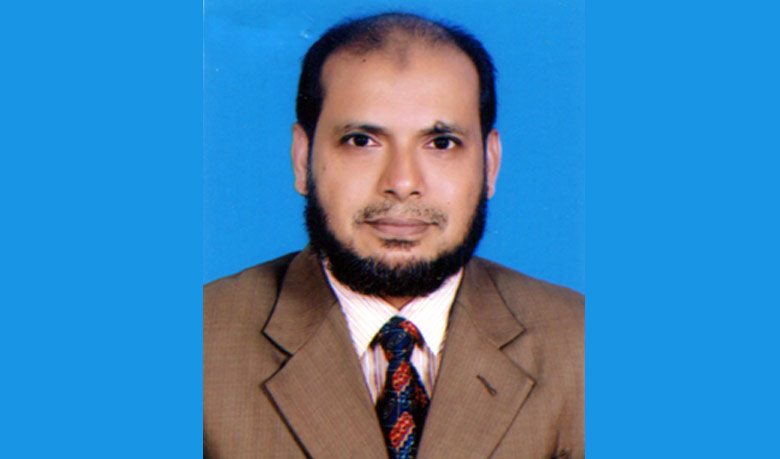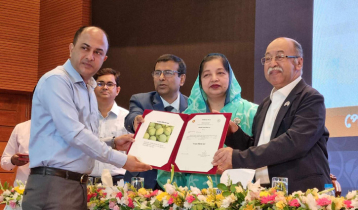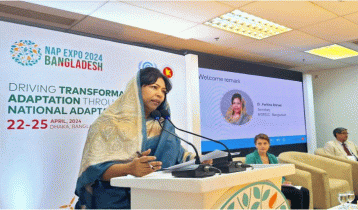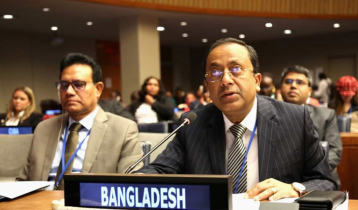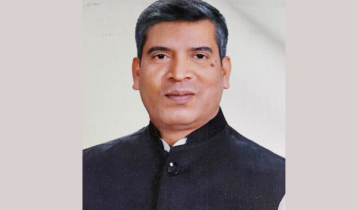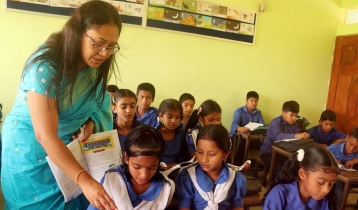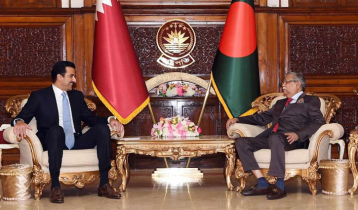Breastfeeding catching on globally
Manzurul Alam Mukul || risingbd.com

Risingbd Desk: International agencies have some cause for cheer this World Breastfeeding Week, which began on Saturday. Breastfeeding of infants, which is recommended by the World Health Organization (WHO), has risen in many countries over the past two decades, reversing the declines of the mid-to-late-twentieth-century.
In developing countries, rates of exclusive breastfeeding of infants up to six months of age has increased by 9%, from 34% around 1995 to 43% around 2011, according to data compiled by Unicef.
In India, the increase has been slight with the rate of exclusive breastfeeding of infants up to six months of age rising from 44% to 46% between 1995 and 2006.
"It`s a gain in the sense that it hasn`t gone down," said Arun Gupta, co-founder of the Breastfeeding Promotion Network of India (BPNI), noting that breastfeeding rates in India had started declining in the 1970s and 80s. "But there is a long way to go."
The gains have been greatest in some countries in Latin America and Africa, including Malawi where rates rose from 44% to 72% between 2000 and 2010. A few Asian countries such as Bangladesh and Sri Lanka have also seen dramatic jumps. These upswings are largely due to national and international initiatives to promote and support breastfeeding, including by Unicef and the WHO.
Even in the US, where infant formula has been standard feeding practice for decades, breastfeeding rates have climbed in the past decade though they remain relatively low at 16%.
On the other hand, China`s breastfeeding rate has continued to decline—28% in 2011—even as its infant formula and baby food market has boomed. The trend prompted the Chinese government to say earlier this year that it was considering a ban on marketing of formula food.
The WHO recommends exclusive breastfeeding up to 6 months for infant survival and health, since human milk not only provides nutrition but supports immunity from disease. According to the WHO, infants who are not breastfed are 14 times more likely to die from all causes than those fed exclusively on human milk.
Historically, breastfeeding rates declined in the mid-to-late-twentieth century with the entry of women into the workforce and the rise of commercial baby formula, although cultural factors also play a role in regional variations.
Those declining rates prompted the adoption of the International Code of Marketing of Breast-milk Substitutes in 1981 to limit the promotion and marketing of formula. Some countries have been better at enforcing the code than others, however.
India has among the strictest restrictions on infant formula marketing and advertising, brought into law in 1992 and strengthened in 2003.
China has little regulation, and is now the single biggest market for baby food. Australia is a big source of formula for China—so much so that Australian airport stores stock formula and local stores sometimes go short. Formula makers in China have been pulled up for flouting the few existing rules by, for instance, giving away free samples in hospitals.
Even in India, many companies continue to do indirect marketing through sponsorship of medical meetings, alleges BPNI`s Gupta.
But China also has much higher female work participation rates and a weaker tradition of breastfeeding. As the country has become prosperous, more families have been able to afford formula.
Still, regulation on baby food has played a big role in the India/China contrast, believes Julie Smith, a research fellow at the Australian National University and a former senior economist in Australian and New Zealand treasuries and department of finance. A similar story has played out in the Philippines, which has strong laws on baby food and higher breastfeeding rates, and Indonesia, which doesn`t, she notes. "Legislation on marketing of baby food makes a difference," she said.
Another game-changer is female-friendly work policies like paid maternity leave, Smith said. In Norway, where paid maternity is among the most generous in the world, 80% of mothers are still breastfeeding at 12 months.
Governments would be more favorable to such policies if the economic value of human milk production were accounted for in the GDP, believes Smith, whose current work focuses on calculating this economic value.
"If we fully recognized the savings to the public in disease prevention and hospital costs saved, we`d ensure mothers got the support they need," said Smith.
Source: Times of India
Risingbd/Aug 2, 2015/Mukul
risingbd.com


